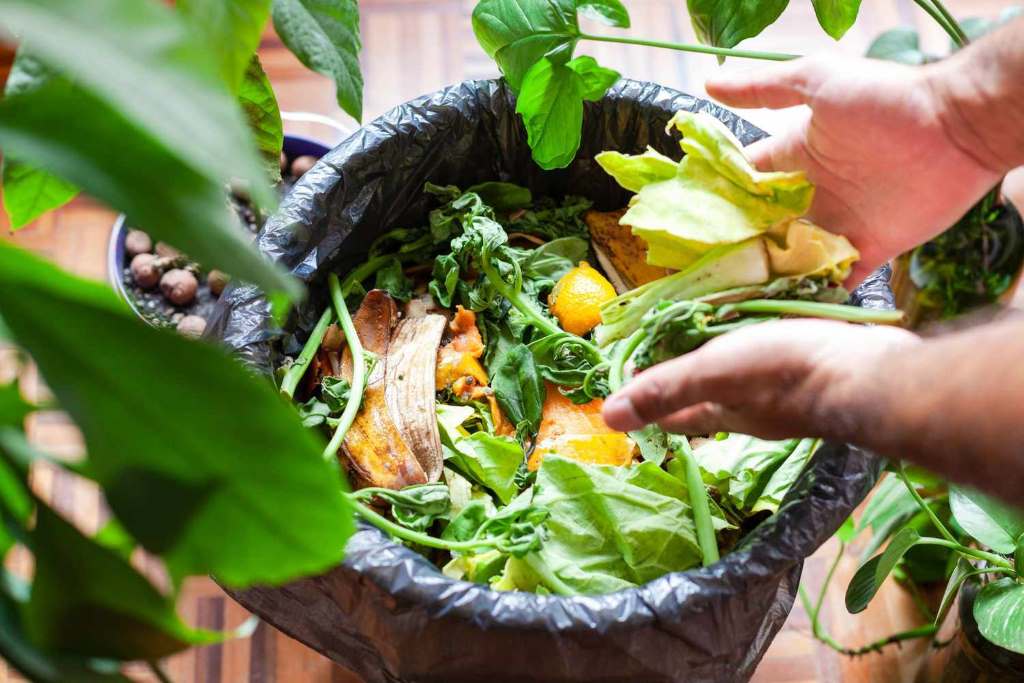How to Make Compost Tea for Blooming Annuals

Compost tea is a nutrient-rich, organic liquid fertilizer that can significantly boost the health and vibrancy of blooming annuals. This natural solution provides essential nutrients, promotes beneficial microbial activity, and enhances soil health, leading to more robust and colorful flowers. For gardeners looking to nurture their annuals sustainably, learning how to make compost tea is a valuable skill. Resources like Be Gardenly offer practical gardening tips, including ways to optimize plant growth with organic methods like compost tea. In this article, we’ll explore the step-by-step process of making compost tea, its benefits for annuals, and tips to ensure your flowers thrive.
Why Compost Tea Benefits Blooming Annuals
Compost tea is a liquid extract derived from compost, teeming with microorganisms that improve soil structure and nutrient uptake. Annuals, which complete their life cycle in one growing season, demand consistent nutrients to produce vibrant blooms. Compost tea delivers a quick dose of nitrogen, phosphorus, and potassium, essential for flowering, while also fostering beneficial bacteria and fungi. These microorganisms help annuals like marigolds, zinnias, and petunias resist diseases and stress. Additionally, for certain plants like penstemon, gardeners often wonder, will penstemon rebloom if deadheaded? Properly deadheading these plants, combined with compost tea applications, can encourage extended blooming periods.
What You’ll Need to Make Compost Tea
Before diving into the process, gather the necessary materials. Using high-quality ingredients ensures your compost tea is effective and safe for your annuals. Here’s what you’ll need:
- High-quality compost: Use well-decomposed, organic compost free of pathogens. Worm castings or aged manure work well.
- Non-chlorinated water: Chlorine can kill beneficial microbes, so use rainwater, distilled water, or dechlorinated tap water.
- Aeration equipment: A bucket with an aquarium pump, air stones, and tubing to oxygenate the mixture.
- Molasses or another microbial food source: This feeds the microbes, boosting their activity.
- Mesh bag or cheesecloth: To hold the compost during brewing.
- Five-gallon bucket: For mixing and brewing the tea.
Step-by-Step Guide to Making Compost Tea
Making compost tea is straightforward, but attention to detail is crucial to avoid anaerobic conditions that can harm plants. Follow these steps for a successful batch:
- Prepare the Water: Fill a five-gallon bucket with non-chlorinated water, leaving some space at the top. If using tap water, let it sit for 24 hours to allow chlorine to dissipate, or use a dechlorinator.
- Add Compost: Place 1–2 cups of high-quality compost into a mesh bag or cheesecloth. Tie it securely and submerge it in the bucket of water.
- Introduce a Microbial Food Source: Add 1–2 tablespoons of unsulfured molasses to the water. This feeds the beneficial microbes, encouraging their growth during brewing.
- Aerate the Mixture: Set up the aquarium pump with air stones and tubing to oxygenate the water. Continuous aeration is essential to keep the tea aerobic and prevent harmful bacteria from forming.
- Brew the Tea: Let the mixture brew for 24–36 hours. The water should turn a rich brown color, with a slightly earthy smell. Avoid brewing beyond 48 hours to prevent anaerobic conditions.
- Strain and Use: Remove the compost bag and strain the liquid if needed. Use the tea immediately or within a few hours for maximum potency.

Applying Compost Tea to Blooming Annuals
Once your compost tea is ready, applying it correctly ensures your annuals reap the benefits. Here are some tips for effective application:
- Dilution: Dilute the tea with water at a 1:10 ratio (one part tea to ten parts water) for sensitive plants or young annuals. For established plants, a 1:5 ratio works well.
- Application Methods: Use a watering can or sprayer to apply the tea to the soil around the base of your annuals. For foliar feeding, spray the leaves early in the morning to avoid sunburn.
- Frequency: Apply compost tea every 1–2 weeks during the growing season. Avoid over-application, as excessive nutrients can stress plants.
- Timing: Water your annuals with compost tea during their active growth and blooming phases, typically in spring and summer, to maximize flowering.
For best results, combine compost tea with other organic practices, such as mulching and proper deadheading. For example, deadheading spent flowers on annuals like zinnias or cosmos, much like penstemon, encourages continuous blooming.
Read Also:
A Symphony of Color: Creating Your Own Wildflower Garden
Can You Grow a Potato in a Jar? Unveiling the Secrets of Container Potato Gardening
Benefits of Compost Tea for Annuals
Compost tea offers multiple advantages for blooming annuals, making it a favorite among organic gardeners. Firstly, it enhances soil microbial activity, which improves nutrient availability. This is critical for annuals, as they require consistent nutrition to sustain their short life cycle. Secondly, compost tea can suppress foliar diseases by introducing beneficial microbes that outcompete pathogens. According to the University of Vermont Extension, compost tea can reduce the incidence of powdery mildew on certain plants. Lastly, it’s an eco-friendly alternative to synthetic fertilizers, reducing chemical runoff and supporting sustainable gardening.
Common Mistakes to Avoid
While compost tea is relatively easy to make, a few missteps can reduce its effectiveness or harm your plants. Here are pitfalls to watch out for:
- Using Poor-Quality Compost: Compost that isn’t fully decomposed or contains pathogens can introduce harmful bacteria to your garden.
- Skipping Aeration: Without proper aeration, the tea can become anaerobic, producing foul odors and potentially toxic compounds.
- Overbrewing: Brewing beyond 48 hours increases the risk of harmful bacteria growth, which can damage plants.
- Improper Storage: Compost tea loses potency quickly. Use it within a few hours of brewing to ensure maximum microbial activity.
By avoiding these mistakes, you’ll create a high-quality compost tea that supports vibrant, healthy annuals.
Tips for Maximizing Blooming with Compost Tea
To get the most out of compost tea, integrate it into a holistic care routine for your annuals. Regularly check soil moisture, as overwatering can dilute the tea’s benefits. Additionally, pair compost tea with proper deadheading to encourage reblooming in plants like penstemon or marigolds. The Royal Horticultural Society emphasizes the importance of balanced fertilization for flowering plants, and compost tea fits perfectly into this approach. Finally, rotate your annuals’ locations each year to prevent soil depletion, ensuring the tea’s nutrients are fully utilized.
FAQs
How often should I apply compost tea to my annuals?
Apply compost tea every 1–2 weeks during the growing season. Adjust based on your plants’ needs, reducing frequency for sensitive species.
Can I use compost tea on all types of annuals?
Yes, compost tea is safe for most annuals, including marigolds, zinnias, and petunias. Dilute it for delicate plants to avoid nutrient burn.
What’s the difference between compost tea and liquid fertilizer?
Compost tea contains live microbes that improve soil health, while liquid fertilizers provide nutrients without microbial benefits.
Can I store compost tea for later use?
Compost tea is best used immediately. If storage is necessary, keep it aerated and use within 4–6 hours to maintain potency.
Is compost tea safe for edible annuals like nasturtiums?
Yes, when made with high-quality, pathogen-free compost, compost tea is safe for edible annuals. Ensure proper brewing to avoid contamination.
Conclusion
Compost tea is a powerful, organic tool for nurturing blooming annuals, offering a sustainable way to enhance flower production and plant health. By following the steps outlined—using quality compost, aerating properly, and applying thoughtfully—you can create a nutrient-rich elixir that supports vibrant blooms. Avoid common mistakes like overbrewing or using chlorinated water to ensure your tea is effective. Combined with practices like deadheading, as seen with plants like penstemon, compost tea can transform your garden into a colorful display. With regular use and proper care, your annuals will thrive, rewarding you with stunning flowers all season long.







